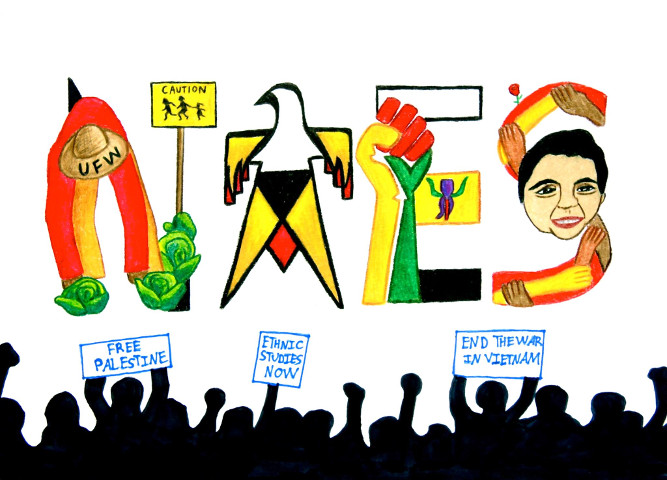Ethnic Studies Review

Orginal Publication Date
2002
Journal Title
Ethnic Studies Review
Volume
25
Issue
esr/vol25/iss1
First Page
38
Last Page
55
Abstract
Although playing is generally viewed as a childhood universal--an expected and somewhat innocuous part of children's lives--Chicano writers often particularize play's universality by constructing the diverse grounds of childhood play as sites that encapsulate conflicting subject positions. Among the Chicano texts in which playing shares this complexity as a critical locus for the child protagonist is Américo Paredes' George Washington Gómez. Paredes employs narratives of childhood play in a dialectical pattern that elucidates his protagonist's inner and outer conflicts and that also evokes Ramón Saldívar's theory of Chicano literature. While Guálinto Gomez's playworlds reflect both the violence and discrimination that surround him in the real world and highlight his struggles with his dual American and Mexican identity, Paredes provides no synthesis for his protagonist's dialectical dilemma of doubleness.
Rights
Copyright ©ESR, The National Association for Ethnic Studies, 2002



Comments
Ethnicity: Implications and Representations